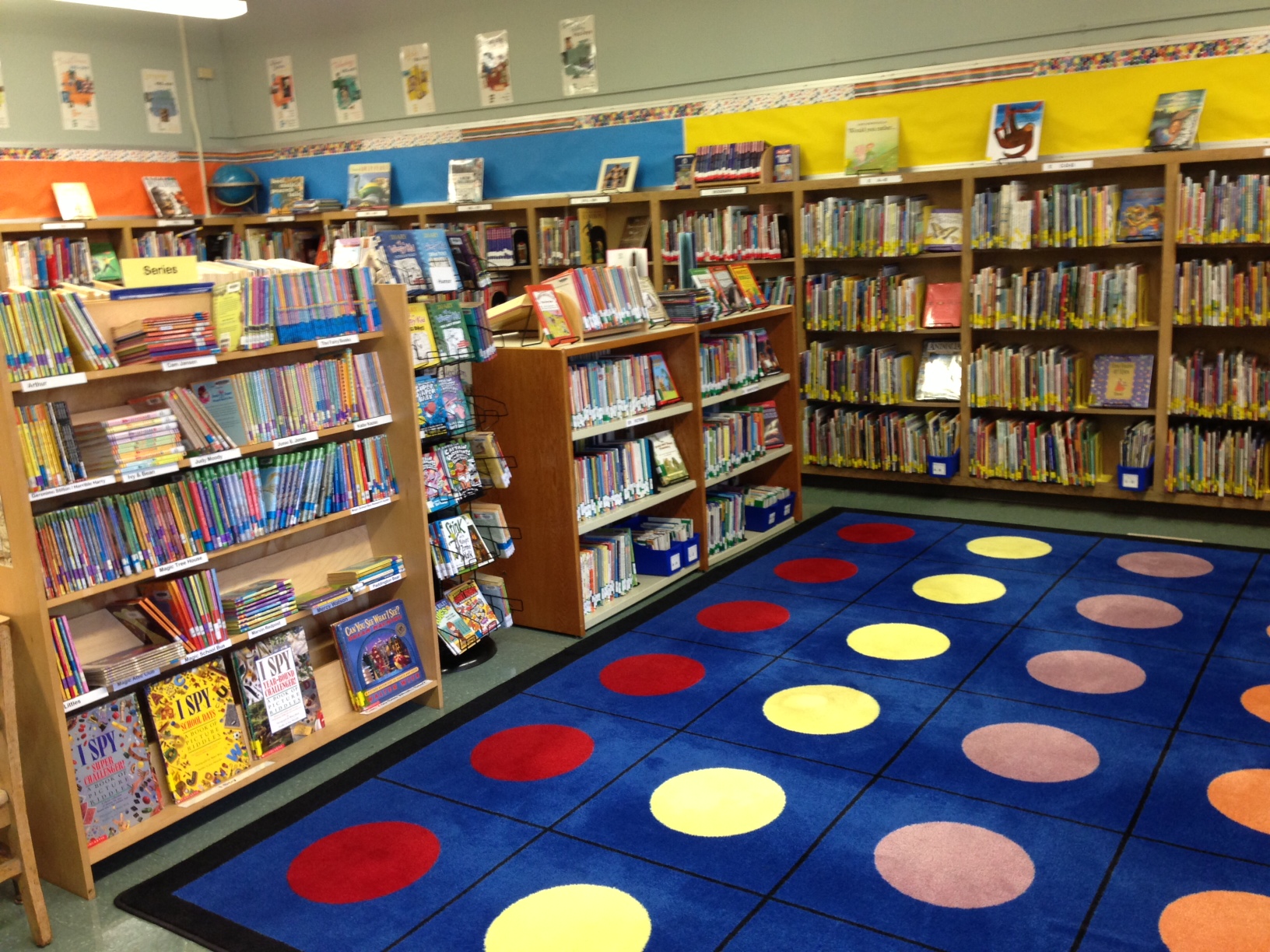The Demise of school libraries.
I couldn't stop on making a blog about this comment published on the SLJ .
This author, a township librarian, makes at fault librarians for the demise of school and any other type of library.
His argument is that libraries are to blame because "The unquestioning embrace by librarians of every technology that comes down the road has led us to this unfortunate situation. In my home school district, all high school students are receiving an iPad at taxpayer expense. What does this tell students? It tells them that the school library is unnecessary and don’t waste your time there."
I think he fails to recognize that technology will advance whether it is librarians or others that adopt the technologies and that had libraries not adopted the changes fast they would be now be half empty. Libraries are not aside of society and evolution and improvement, they grow as society grows, technology and experts in digital technologies are adopted and given the place they deserved, they are needed and promoted but he rather differs saying "Why push services and technologies that are a disincentive for using both the school and the public library? Part of the reason is because this profession has allowed itself to be overrun with techies who walk around with a device in each hand and another stuck in their ear!"
I couldn't disagree more !
The only thing I liked was his picture, I share it here
http://www.slj.com/2013/11/opinion/feedback/more-titles-for-nypls-100-best-kid-lit-who-is-to-blame-for-demise-of-libraries-feedback/#_
Boyer, Harold N. "Who’s to Blame for the Demise of Libraries? | Feedback."School Library Journal. N.p., n.d. Web. 30 Apr. 2015.













